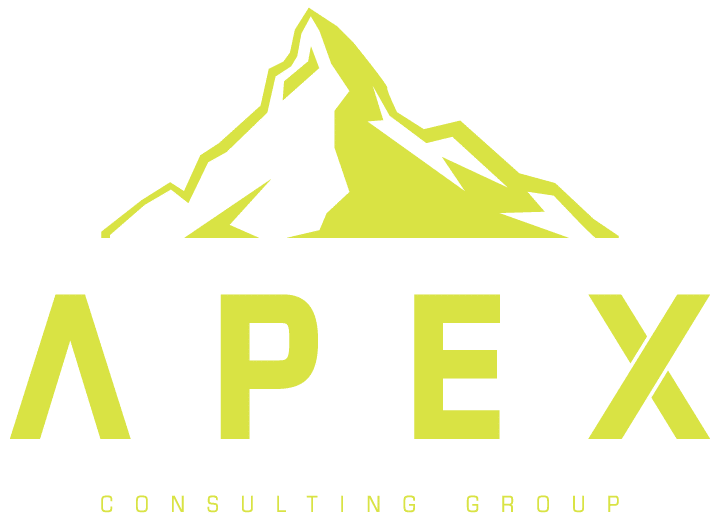From a customer perspective, when a supplier has implemented a formal quality management system (QMS), they expect the supplier to have appropriate or improved controls, which gives the customer confidence that the supplier will be sending products that meet requirements and are delivered on time.
From a supplier perspective, implementing a formal QMS is an investment cost for an organization as part of its business strategy. In many cases, customers require suppliers to implement and maintain a formal QMS ISO 9001 training and lead auditor course as part of their supplier management program. The hope and expectation is that the suppliers will gain increased workload or position their business to gain new work.
How does an organization effectively apply required controls, which all equate to costs, for the benefit of the supplier and their customers? Consider the two grand secrets.
The Two Grand Secrets.
Your QMS needs to; 1) support the competencies of the people, while 2) safeguarding the integrity of the business regardless of the people.
Support Competencies of People
Remove people out of a process and everything stops. No work moves forward without people. It makes practical sense, as an organization implements or improves their QMS ISO 9001 training, leaders engage and involve people. People own and are responsible for processes.
This first grand secret is vital but not easy. Many organizations employ individuals with advanced education and little or no education, with years of experience and virtually no experience, those who have a ton of practical knowledge, and those with little knowledge of products, services, or processes.
First things first, understand and clarify what process each person will be performing. Does it need a high level of precision or expertise, or can a little on-the-job training, periodic oversite, and the appropriate poke-yoke device suffice? Think McDonalds versus Teppanyaki employees.
Regardless of what controls are set in place, the QMS ISO 9001 training requires discipline. Professional and personal discipline is one of the keys to an effective QMS. Think culture, we all know what is required but we also know what we can get away with! Remember the ultimate control of a process is the person doing the job. When an employee decides to not adhere to approved processes, they create a variable that can have a negative impact on the product or process. Sometimes the problem is not with the QMS, it’s a management problem.
Safeguard the Integrity of the Business
One test of a QMS is to take a person out of the process and verify the customer still gets what they want, when they want it. How is the business or its processes safeguard when an employee takes a holiday or is ill, etc.?
Is your business sustainable and does the QMS ISO 9001 training provide needed resources for people who perform work in the business when they only do the job periodically? Although not expected to be efficient, being effective is what a QMS requires. Some ways an organization safeguards the integrity of business regardless of the people comes in a variety of resources; other competent, tenured, and trained people, tools, equipment, calibrated devices, poke-yoke, scheduled and implemented maintenance, documented information such as prints, drawings, model files, procedures, work instructions, specifications, databases, forms, etc. Measurement data such as those that come from product inspections, audits, first articles, MSA data, monitoring, KPIs, etc.
Sustainability
Although there are many variables that have contributed to global impacts, an international effort began when in 2015 the UN launched the 2030 Agenda supporting organizational sustainable development. The concept was to implement a people, profit, and planet engagement. One net result was for management system standards to be synchronized. A high-level structure (HLS) became a reality in 2018 by ISO named Annex SL. At a strategic level, an organization will become sustainable now and, in the future, as they maintain profitability, provide a safe and agreeable workplace, and are cost-effective when it comes to waste streams or energy consumption. *
*https://www.frontiersin.org/articles/10.3389/frsus.2021.745350/full#B27
